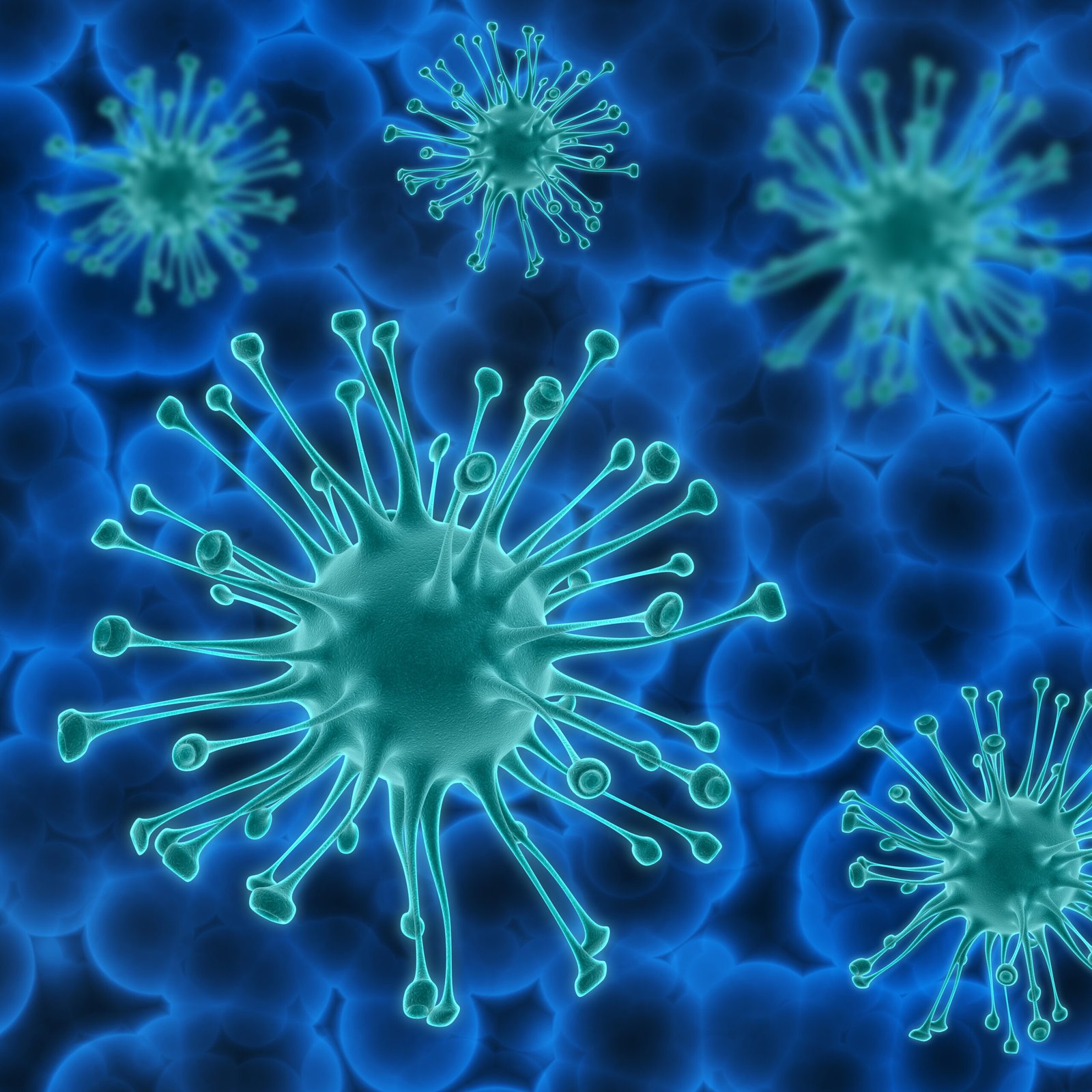1.A Breakthrough in Fighting a Global Threat
Scientists at The University of Texas at Austin, alongside researchers from the University of North Carolina at Chapel Hill and the National Institutes of Health, have uncovered a promising strategy to fight norovirus. This highly contagious virus is a leading cause of gastroenteritis worldwide. Their study, published in Science Translational Medicine, identifies powerful antibodies capable of neutralizing a wide range of norovirus strains. This discovery could lead to a broadly effective vaccine and new treatments for norovirus infections.
2.The Challenge of Norovirus
Norovirus infects over 700 million people annually, causing severe diarrhea and vomiting. While most recover, the virus is particularly dangerous for young children, older adults, and those with weakened immune systems. Developing a vaccine has been difficult because norovirus mutates frequently and has many genetic variants, allowing it to evade immunity.
3.Key Findings: Broadly Neutralizing Antibodies
Using advanced molecular techniques, the team studied immune responses in participants who received an experimental oral norovirus vaccine. They discovered that some individuals produced antibodies capable of neutralizing multiple norovirus strains, including historical and emerging variants. These antibodies also targeted types responsible for 75% of global outbreaks.
“These findings are a game-changer,” said George Georgiou, co-author and UT Austin professor. “We’ve identified antibodies that can neutralize many variants, paving the way for a vaccine with broad, long-lasting protection.”
4.Meet VX22: A Promising Antibody
One standout antibody, VX22, targets a previously unknown weak spot in the virus. Unlike typical antibodies that attack only one or two strains, VX22 binds to a stable, conserved region shared by multiple norovirus types. This makes it a strong candidate for vaccine development.
5.Why This Matters Now
Norovirus cases have surged recently, doubling compared to previous years. “This highlights the urgent need for a vaccine,” said Juyeon Park, lead author and UT Austin researcher. “Our findings provide critical insights for designing one.”
6.Potential Impact of a Vaccine
Norovirus spreads easily through contaminated food, water, and surfaces, often causing outbreaks in schools, cruise ships, and healthcare facilities. A universal vaccine could drastically reduce infections, hospitalizations, and the economic burden of the disease.
7.Beyond Prevention: Treatment for High-Risk Groups
The newly identified antibodies could also be used to develop post-infection therapies, particularly for immunocompromised individuals who struggle to fight the virus on their own.
8.What’s Next?
The research team is now refining the vaccine design and testing its effectiveness in vulnerable populations, such as children and the elderly. Clinical trials could begin soon.
9.Funding and Collaboration
The study involved experts from multiple institutions and was funded by the National Institutes of Health, the Dutch Research Council, and others. Several authors have filed patent applications for the antibodies identified in the research.
Source:University of Texas at Austin
Date:Mar 6 2025



